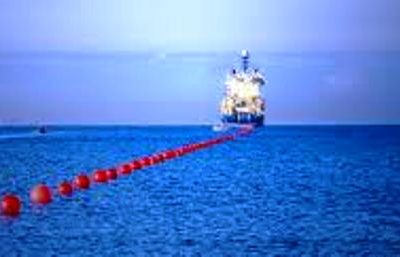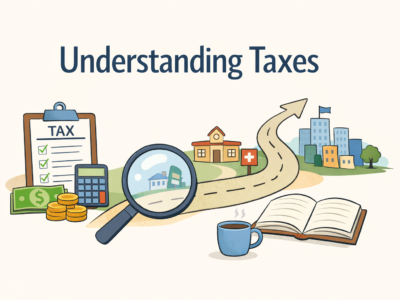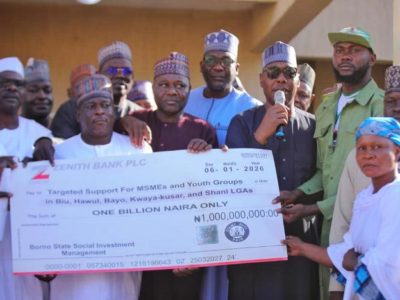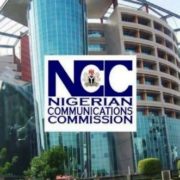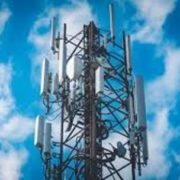By Sonny Aragba-Akpore
Despite efforts packaged for it, actualizing 70% broadband penetration by the end of 2025 may be unrealistic. By the Nigeria Broadband Plan (NBP) of 2020–2025, the target was to achieve 70% by the turn of 2025 to boost internet connectivity which still wobbles in the country.
RELATED: In pursuit of 70% broadband penetration
As at May 2025, the broadband penetration stood at approximately 47.73%, with 103.5 million broadband subscriptions, according to the Nigerian Communications Commission (NCC). This figure falls short of the National Broadband Plan (NBP 2020–2025) target of 70% penetration by the end of 2025. As a desperate move to increase broadband penetration, the government launched an ambitious move for building 90,000 km optic fibre across the country through a Special Purpose Vehicle (SPV) with $2 billion proposed for that.
Drawbacks and hindrances to the realisation of the NBP 2020–2025
Through a tripartite arrangement of Public Private Partnerships (PPP), it is expected that this will boost the fibre optic coverage from its current 35,000km to 125,000km when the 90,000km proposed comes on stream.
But this is only a proposal which Communications, Innovation and Digital Economy Minister, Bosun Tijani said in August 2024 when it was initiated that it will flag off within six months. Nearly 10 months after,the proposal remains on the drawing board indicating that if 70% broadband penetration was to depend on this, then its realisation is not near.
There have been identified drawbacks and hindrances to the realisation of the NBP 2020–2025 part of which the National Broadband Alliance for Nigeria (NBAN) listed.
But in spite of the broad identification, so much work is left undone. Industry players say achieving the 70% broadband penetration target by the end of 2025 appears increasingly unlikely without substantial improvements in infrastructure, affordability, and digital literacy. While initiatives like the Nigerian Broadband Alliance show promises, addressing the systemic challenges will be crucial for bridging the broadband divide in Nigeria.
Right of Way (RoW) fees remains a significant barrier
Regulatory and Policy Issues which include Multiple taxation and bureaucratic hurdles impede the swift deployment of broadband infrastructure.
The Nigerian Broadband Alliance (NBAN) aims to address these challenges by streamlining regulatory processes and incentivizing private-sector investment.
It says the high cost of Right of Way (RoW) fees remains a significant barrier, with only seven states having waived these charges.
“Additionally, the absence of local smartphone assembly plants has resulted in high device costs, limiting access for many Nigerians .”
There are Infrastructure gaps which impede Broadband infrastructure that is predominantly concentrated in urban areas, leaving about 31 states underserved or unserved. And this disparity hampers nationwide coverage .
Limited digital literacy, high cost of devices restrict broadband adoption
By its own assessment, weak and limited digital literacy and the high cost of devices restrict broadband adoption, particularly in rural areas where only an insignificant populace has direct or partial access to devices and by implication the internet.
This means that a very large percentage of the country’s population with no access to the internet joins the 2.6B global population that is offline and for whom the International Telecommunications Union (ITU) thinks could be covered under the Sustainable Development Goals (SDG) by 2030.
Minister Tijani in August 2024 said that the funding partners for the 90,000 km fibre optic broadband backbone include the World Bank adding that the country was finalizing arrangements for the project’s financing.
“The Federal Executive Council (FEC) FEC has approved the SPV that will deliver on this project, and our development funding partners are currently finalizing the SPV structure to ensure the aggregation of funding required for the effective deployment of the fibre-optic network.”
“Our target is for this deployment to start within the next 6 months,” the Minister stated this in August 2024.
The new deal – SPV to end broadband gaps
In May 2024, Tijani had announced the approval of the SPV by the Federal Executive Council (FEC) noting that “it would be modelled in governance and operations similar to some of the best Public-Private Partnership setups in Nigeria, such as the Nigerian Inter Bank Settlement System (NIBSS) and the Nigerian Liquefied Natural Gas (NLNG) arrangements.
He said the government will be working with partners and stakeholders from the government and private sector to build the additional fibre optic coverage required to take Nigeria’s connectivity backbone to a minimum of 125,000km.
He added that the project would also help in increasing broadband internet penetration in Nigeria to over 70% and reduce the cost of access to the internet by over 60%.
Through the project, Tijani said, Nigeria would achieve the inclusion of at least 50% of the 33 million Nigerians currently excluded from access to the Internet.
“It is also expected to deliver up to 1.5% of Gross Domestic Product (GDP) growth per capita raising GDP from $472.6 billion (2022) to $502 billion over the next four years.”
The Minister had explained that the Project to build the 90,000km optic fiber will be structured as a Public Private Partnership (“PPP”) where the Nigerian government will be a partner with a shareholding of not less than 25% but capped at 49% in the SPV established for the Project.
The SPV will be managed independently as a limited liability company, with a competent Board of Directors with expertise in telecommunications, infrastructure, finance and other relevant industries and managed by an independent management company.
Nigeria’s broadband aspiration awaits investors
“This initiative provides an opportunity for strategic investors to play a critical role in developing, financing, operating, and managing Nigeria’s broadband infrastructure.”
The Ministry then issued an invitation to ensure transparency, fairness, and accountability in the Project’s implementation and private sector engagement.
“This investor consultation that followed aligned with expectations of the Infrastructure Concession Regulatory Commission (ICRC) Act, 2005, the National Policy on Public-Private Partnerships and other relevant Nigerian procurement laws and regulations.” the Ministry document said.
Bidding by would be participants closed on April 29,2025 and evaluation of applications is ongoing.
The aim of the Nigerian National Broadband Plan 2020-2025 is to increase broadband penetration to 70% and ensure 90% of the population has access to affordable and reliable internet, with data speeds of at least 25Mbps in urban areas and 10Mbps in rural areas.
The goal was to boost broadband penetration from its coverage of 37.8% in 2020 to over 70% within five years (2025).





